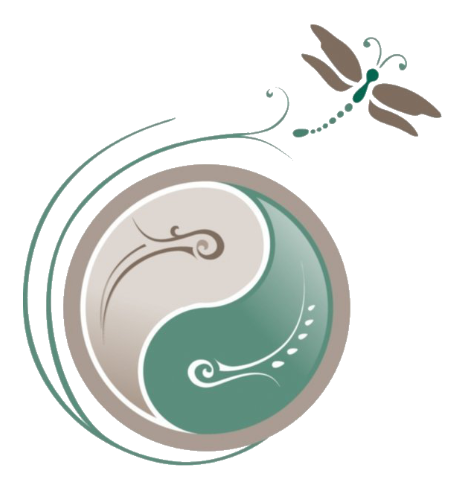My Life for the Birds & Bats
Al Manville, Senior Wildlife Biologist, USFWS, Retired Adjutant Professor, Johns Hopkins University speaks on his work as a biologist protecting wildlife. Albert Manville was one of the lead experts at Fish and Wildlife Service working on cell tower impacts to wildlife. He also was co-author to a major three part review on the impacts of electromagnetic radiation to wildlife.
Friends of Merrymeeting Bay featured a presentation by Albert Manville My Life for the Birds & Bats about the unsustainable losses from industrial equipment such as wind turbines, cell towers, clear cutting, pesticides and more.
Resources
Friends of Merrymeeting Bay’s (FOMB) sixth presentation of their 26th annual Winter Speaker Series, My Life for the Birds & Bats features retired USFWS Senior Wildlife Biologist, Al Manville. FOMB’s Winter Speaker Series presentations are again being held via Zoom and are accessible via hyperlink at the top of the FOMB web page: www.fomb.org. This event took place Wednesday, March 8th, at 7 pm.
Content From Friends of Merrymeeting Bay
Structures such as communication towers, commercial wind turbines, utility-scale solar facilities, power transmission and distribution lines, building glass and windows, lighting and commercial fishing gear, among others, can result in serious consequences to migratory birds and other wildlife. These include collisions, disorientation, barotrauma, electrocution, entanglement, attraction, habitat disturbance and fragmentation. Manville will briefly discuss these structures and their impacts-including at the population level-ongoing efforts to work with the related industries and best practices available to avoid or minimize negative consequences. He will also discuss the recent interest and growing public awareness involving impacts from non-thermal, non-ionizing electromagnetic radiation to wildlife.
Al Manville has served as a senior lecturer/adjunct professor for the Advanced Academic Programs’ Environmental Sciences and Policy Division, Johns Hopkins Univ. for 22 years — teaching classroom and field classes in ecology, terrestrial and marine conservation biology, and wildlife management. Additionally, he served as a branch chief and as the senior wildlife biologist with the Division of Migratory Bird Management, U.S. Fish & Wildlife Service, for 17 years as their national lead on anthropocentric causes of bird mortality from structures, including impacts from radiation, collision, and electrocution. Manville chaired the Communication Tower Working Group, a wind turbine working group, and a waterbird bycatch working group, and co-chaired the Interagency Seabird Working Group, represented the Service on the Wildlife Workgroup of the National Wind Coordinating Collaborative, on the Avian Power Line Interaction Committee (APLIC), was a technical scientific advisor to the Wind Energy Federal Advisory Committee, and was the Service’s technical advisor to the Bird-Safe Glass Working Group.
Al holds a B.S. in zoology, an M.S. in natural resources and wildlife management and a Ph.D. in wildlife ecology and management. He has studied and handled over 100 black bears; assessed brown bear-human interactions in Alaska; conducted 6 summers of field research in the Aleutian Islands on the impacts of marine debris on seabirds, sea lions, and seals; and studied impacts of the Exxon Valdez oil spill on seabirds for 5 years. Manville has also served as Executive Director of the Adirondack Mountain Club, and a member of the Steering Committee for the Endangered Species Coalition. In 1999, he received the Conservation Service Award from Interior Secretary Bruce Babbitt for his bird conservation efforts with the electric utility industry. Al has testified over 40 times before Congress and related bodies; conducted numerous research efforts globally; published more than 175 professional and popular papers, chapters, and book reviews; and given more than 160 invited presentations.
FOMB hosts their Winter Speaker Series October-May, on the second Wednesday of each month. Due to the Covid 19 pandemic, the series continues via Zoom. The FOMB April 12th presentation: Agro-acoustics: Listening to the Sounds of Soils features University of Liverpool Assistant Professor of Marine Biology Louise Roberts. This event takes place at 7:00 pm with the Zoom registration link available at www.fomb.org a week or so prior to the presentation.
Speaker Series presentations are free, open to the public. Visit www.fomb.org to see speaker biographies, full event schedules, video recordings of past presentations, become a member, and learn more about how you can help protect beautiful Merrymeeting Bay and the Gulf of Maine.
